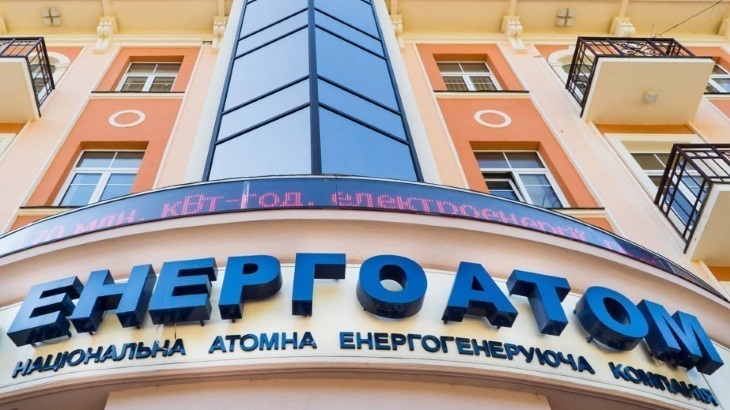Ukraine launched an electricity market in July 2019, but this tied Energoatom to selling 85% of its electricity production to the so-called Guaranteed Buyer at a fixed low price within the PSO. Herman Halushchenko, then Energoatom's vice president of development, said the government should remove such impediments and enable Energoatom to thrive in a free market. Halushchenko was recently appointed the country's new energy minister.
"On 28 April, even before the appointment of the new Minister of Energy of Ukraine and completely ignoring the position of Energoatom, the government, on the submission of the Ministry of Energy, adopted Resolution 439, which amended the Regulation 'On the provision of special duties on participants in the electric energy market to ensure the public interest in the process of operation of this market'. The ruling came into force on 29 April, the penultimate working day on the eve of the May holiday long weekend," Energoatom said today. "The amendments contain rules that not only do not improve, but rather further discriminate and limit the work of Energoatom, opening the way to corruption and abuse," it added.
The change means that residential electricity tariffs are calculated after the deduction of transmission, distribution and delivery costs, Energoatom said, adding that this creates a price of UAH10 per megawatt hour.
"Currently, only six of the 24 universal service providers with whom Energoatom must enter into contracts have made money from [our power supplies]. The remaining suppliers have lost money and so will need compensation from Energoatom. In other words, Energoatom will not only supply electricity to the population almost free of charge, but also at its own expense by having to subsidise other market participants."
This will lead to a loss for Energoatom of at least UAH3 billion (USD108 million) per year, it said. In addition, the company will face "numerous legal disputes" with market participants, which are "mainly private companies". And, by 15 May, the company "must conclude and administer" contracts with all 24 of the market's 'universal service providers', a function previously the responsibility of the state-owned Guaranteed Buyer.
"Energoatom has little time to launch and test the new model and no appropriate billing systems, so its launch carries risks for everyone," the company said. "The haste with which such an important decision for the whole country has been made is really surprising, especially in light of the fact that it is supposed to be about ensuring the quality and uninterrupted supply of electricity to the entire population of the country."







_15863.jpg)







